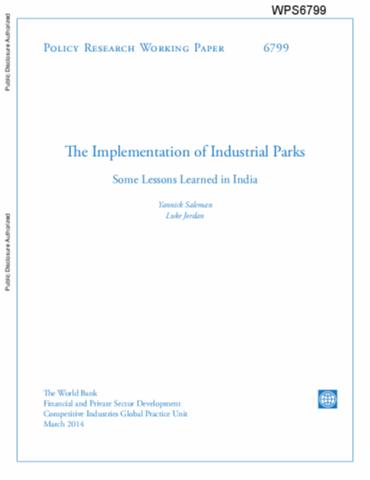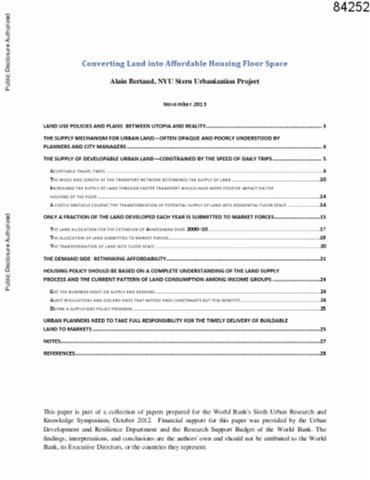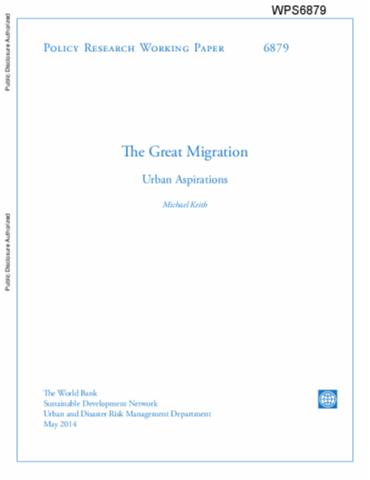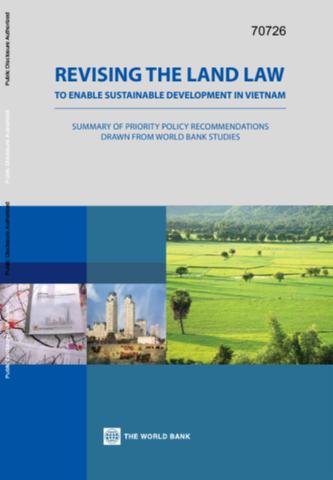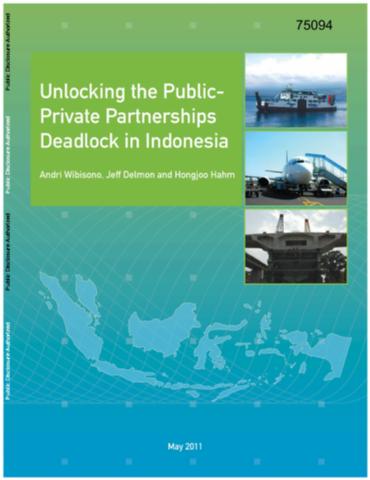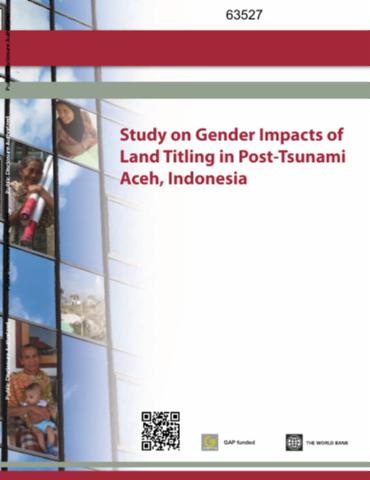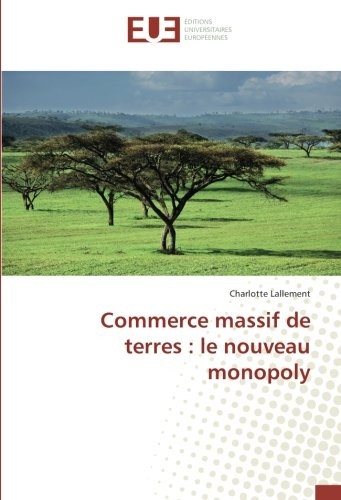Untying the Land Knot : Making Equitable, Efficient, and Sustainable Use of Industrial and Commercial Land
A decade ago in Mozambique, a stakeholder workshop where the need to improve access to industrial and commercial land as a means to encourage investment was a topic of discussion, a government official came up to. In order to create new jobs, generate more income, and modernize the economy, many countries see an urgent need to encourage industrial and commercial investment, both domestic and foreign. However, investment in many sectors cannot take place unless land, along with other basic factors of production, is available.




